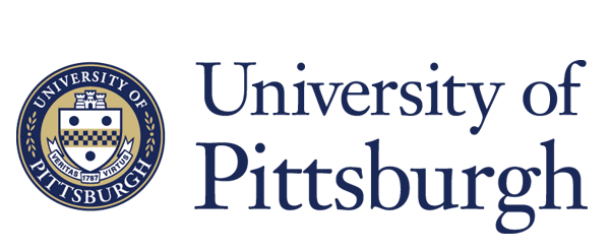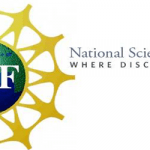Computational Quantum Chemistry Holds Promise for Discovery of New Catalysts

(ScienceDaily) Developing catalysts for sustainable fuel and chemical production requires a kind of Goldilocks Effect — some catalysts are too ineffective while others are too uneconomical. Catalyst testing also takes a lot of time and resources. New breakthroughs in computational quantum chemistry, however, hold promise for discovering catalysts that are “just right” and thousands of times faster than standard approaches.
University of Pittsburgh Associate Professor John A. Keith and his lab group at the Swanson School of Engineering are using new quantum chemistry computing procedures to categorize hypothetical electrocatalysts that are “too slow” or “too expensive,” far more thoroughly and quickly than was considered possible a few years ago.
“For decades, catalyst development was the result of trial and error — years-long development and testing in the lab, giving us a basic understanding of how catalytic processes work. Today, computational modeling provides us with new insight into these reactions at the molecular level,” Keith explained. “Most exciting however is computational quantum chemistry, which can simulate the structures and dynamics of many atoms at a time. Coupled with the growing field of machine learning, we can more quickly and precisely predict and simulate catalytic models.”
























